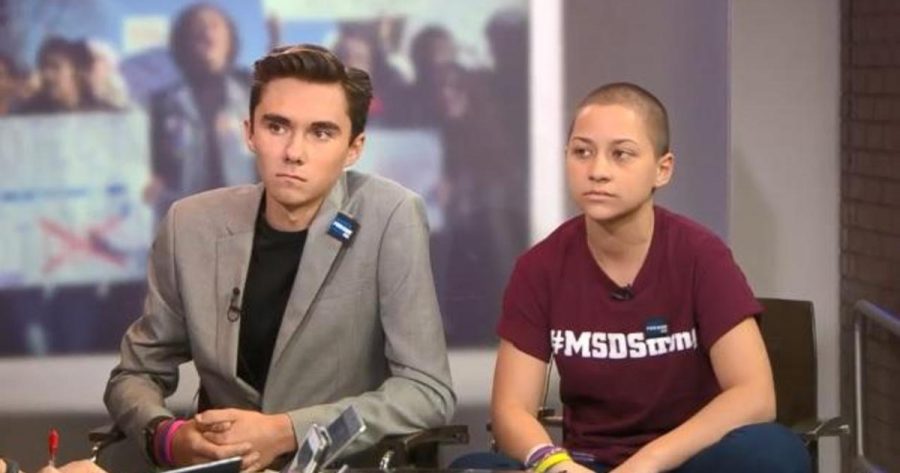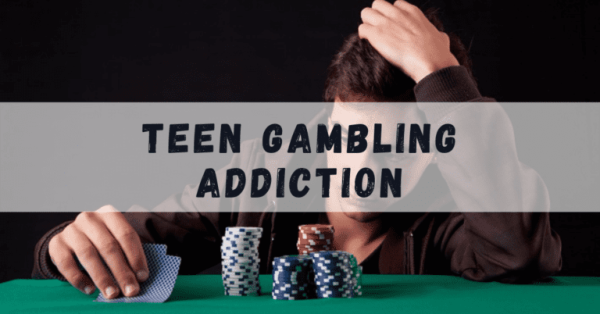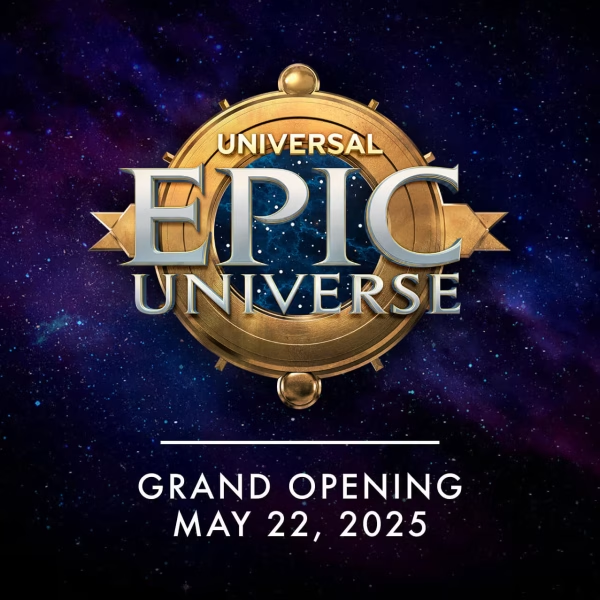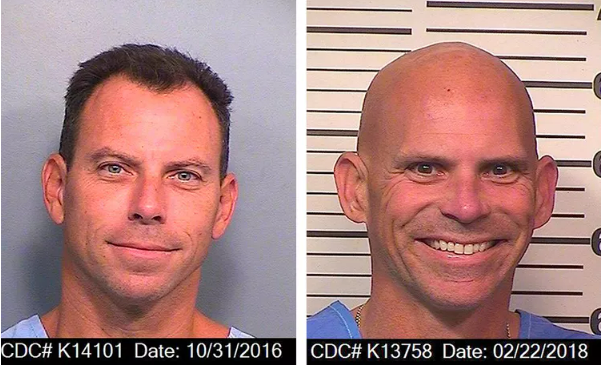Can Current Teen Activism Turn Out the Youth Vote?
Marjory Stoneman Douglass students David Hogg (left) and Emma Gonzalez have become the face of the new teen activists fighting for sensible gun legislation with a focus on turning out the youth vote in upcoming elections.
An American’s right to protest racial, political, and societal injustices can never be taken away, nor can a teenager’s spirit. When combined, the two put America face to face with what is the hot topic of American society: youth activism.
Ever since the shooting at Marjory Stoneman Douglas High School in Parkland that took 17 lives on Feb.14, there has been a surge in the number of student activists in the United States demanding for change. Students have risen to fight for what they believe in – including stricter gun control, increased school safety, and an end to gun violence – by organizing walkouts, rallies and calls for action.
On March 24, young people all over the country took part in a nationwide rally called March for Our Lives. Some student activists used the media attention to bring a spotlight on constitutional rights that many young adults and citizens take for granted. Haley Zink, a student at St. Charles Community College co-organized the St. Louis’ “March For Our Lives” rally. She told the St. Louis Public Radio that her goal was to educate young voters about various political issues and increase their presence at the polls.
The generation underneath the millennials is larger than the generation of millennials. It is also the generation that is starting to vote in 2018 … and 2020,” Zink said. “[Voting] is how we can shape the country going forward and this is our future.” In Zink’s opinion, and in the opinion of many other young activists, the goal of their activism is to turn the the teenagers of today into the informed voters of tomorrow.
Hoping to keep their momentum alive, activists are focusing on the 2018 November midterm election. According to the Los Angeles Times, young people are one of the most untapped forces in U.S. politics. By 2019, millennials, those born between 1981 and 1996, are projected to outnumber baby-boomers, those born between 1946 and 1964. But unfortunately, many millennials in the past did not exercise their right and civic duty to vote. In the 2014 midterm elections, turnout for 18-to 20-year-olds was among the lowest in a national election since the voting age was lowered from 21 to 18 in 1971.
David Hogg, a 17-year old senior at Stoneman Douglas and one of the organizers of the March for Our Lives rally asserted, “Young Americans are absolutely taken advantage of because we don’t get out and vote.” He also noted, “What we’re doing here is bringing voting beyond just, ‘Oh, it’s your civic duty,’ but into a cultural thing among teens…We’re making it a badge of shame if you don’t get out and vote.”
Yet, if this generation of American teenagers does indeed go out to the polls when it’s their time to vote, signs are pointing to a significant shift in U.S politics. Although young people have been heavily involved over the last decade through volunteering and spreading their ideas on social media platforms, many have decided to remove voting from that social change says Kawashima-Ginsberg, director of the Tufts Center for Information and Research on Civic Learning and Engagement. Unlike recent youth movements such of those like Black Lives Matter, Occupy and the Dreamers, the March for Our Lives movement has from the very beginning placed a clear emphasis on turning out the youth vote.
The power of teenage activists and the message they carry has already made a difference. Within three weeks of the Parkland shooting, Florida’s mostly Republican legislature, under pressure from students, defied the National Rifle Association (NRA) and passed a $400-million school safety bill. Under that law, the minimum age to buy a gun has been raised from 18 to 21 in the state of Florida.
Although shooting incidents involving students has declined in the past two decades according to researchers at Northeastern University who claim that four times the number of children were murdered in schools in the early 1990s than now, young organizers hope to utilize society’s now intensified fear of school shootings to make gun reform a topic that could make or break some candidates in this year midterm elections.
Already the machines are rolling for youth activists. Voter registration activists are spreading across the nation on the hunt for the approximately four million Americans that turn 18 this year, as well as a substantial number of 19- to 21-year-olds who have never voted.
“We now have, for the really first time in memory, a situation in our country where people are really focusing on first-time voters, on kids who are just turning 18, as a political force,” says Andy Bernstein, founder of HeadCount, a nonprofit group that encourages voter participation.
It is expected that such an increase in the youth vote will pose a political threat to Republican candidates, especially in suburban swing districts, considering the additional 59 percent of millennial voters who identify as Democrats or lean Democratic according to a recent Pew Research Center study.
When all’s said and done, we teens are the next generation. We have the power to make the world a better place, one without corruption and violence. We should never give up on our dreams, and we must fight against the injustices of the world. America is a democracy and we are its people and that democracy’s future.











